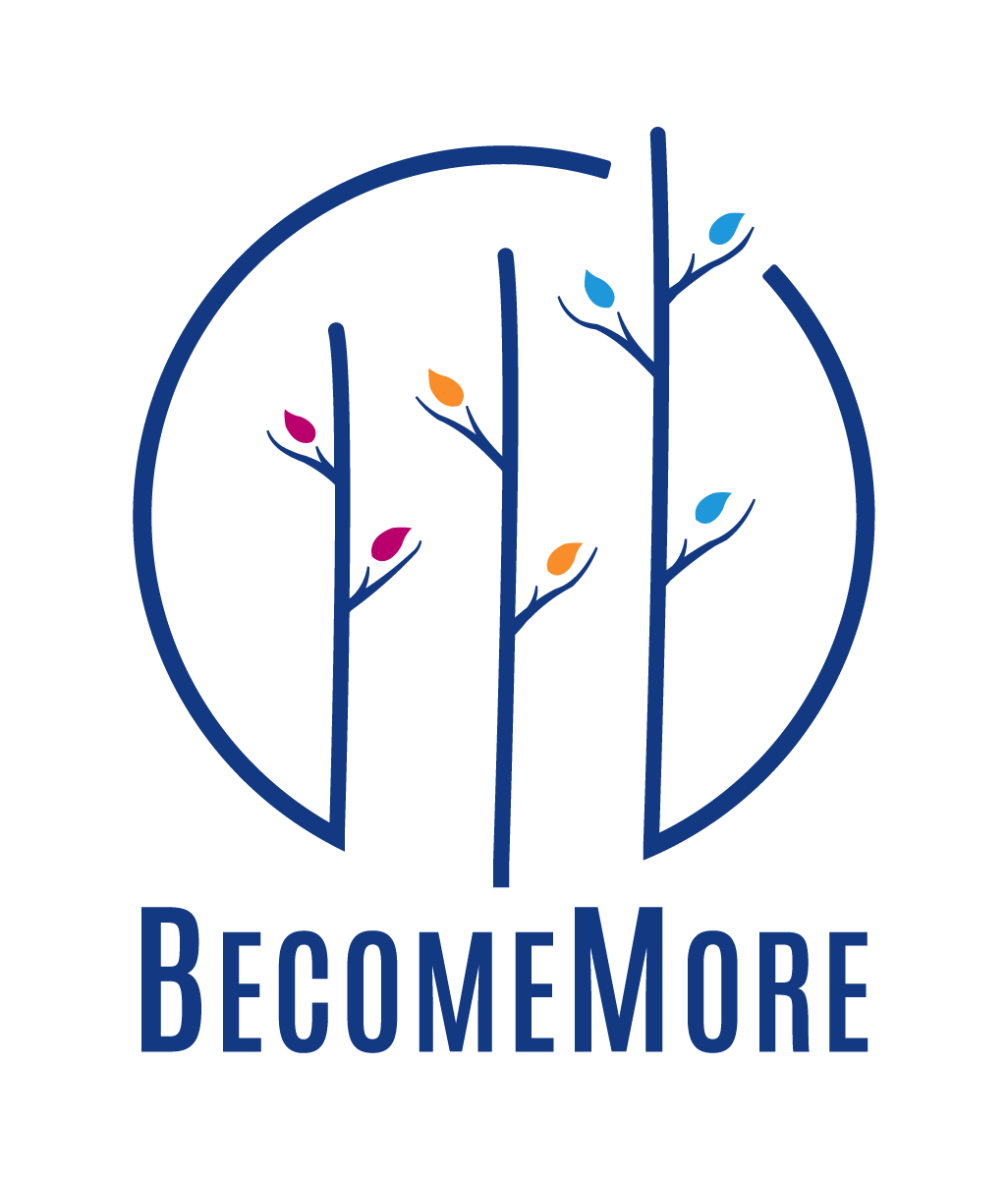
In today's fast-paced world, it's easy to get caught up in our own agendas, eager to express our views or quickly reach conclusions. This often hinders genuine connection and effective problem-solving. At BecomeMore, we prioritize our Discovery Process – asking insightful questions designed to "peel back the onion" and uncover deeper insights – as a critical component of all our client solutions.
Here’s why it matters—and how to make it a habit.
The Pain Isn’t Always the Problem
Imagine a doctor diagnosing a patient based solely on their initial complaint. Just because pain manifests in one area doesn't mean the underlying issue originates there. Similarly, in conversations, people often present surface-level concerns while the root cause lies deeper.
Jumping to solutions prematurely risks addressing only the symptoms, or worse, "fixing" something that isn't the actual problem. By diligently asking questions and exploring deeper, we can accurately identify the core issue, much like a doctor conducts thorough tests before prescribing treatment.
Pay Attention to Themes and Trends
Listening isn’t just about hearing the words. It’s about noticing patterns. What’s the common thread in what someone’s saying? What keeps coming up when you look at the bigger picture?
By tuning into recurring themes, you can uncover insights that go beyond what’s being said. It’s all about connecting the dots and seeing the larger story unfold.
Don’t Settle for the First Answer
The initial response is often the easiest to provide, representing just the tip of the iceberg. To gain a comprehensive understanding, we must delve deeper.
Ask follow-up questions to go deeper:
- “Can you tell me more about that?”
- “What else do you think might be going on?”
- “How does this affect other areas?”
The more you ask, the more you learn—and the closer you get to the root of the issue.
The Benefits of Understanding
When you focus on understanding first, a lot of great things happen:
- You build trust. People feel valued and heard when their perspectives are genuinely considered.
- You find better solutions. Deeper insights lead to more effective and sustainable solutions.
- You minimize misunderstandings. Taking the time to ask questions helps prevent mistakes caused by assumptions.
It’s not just a strategy; it’s a mindset. Seeking to understand takes patience, humility, and a genuine interest in others.
Putting It Into Practice
Here’s how you can start putting this into action:
- Pause Before You Speak: Take a moment to fully absorb what the other person is saying before jumping in with your response.
- Ask Open-Ended Questions: Encourage deeper exploration by asking questions that cannot be answered with a simple "yes" or "no."
- Resist the Urge to Offer Immediate Solutions: Give them the space to share fully and ask follow-up questions that build on their responses to foster deeper understanding.
- Reflect & Summarize: Paraphrase what you've heard to confirm your understanding and ensure you're on the same page.
Understanding Creates Connection
While seeking to understand may require extra effort, the rewards are substantial. By approaching conversations with curiosity and empathy, we foster stronger relationships, develop more effective solutions, and create environments where everyone feels valued and heard.
The next time you're tempted to offer immediate advice or solutions, pause and ask yourself: "What do I need to understand first?" You might be surprised at the clarity and connection that emerges.

